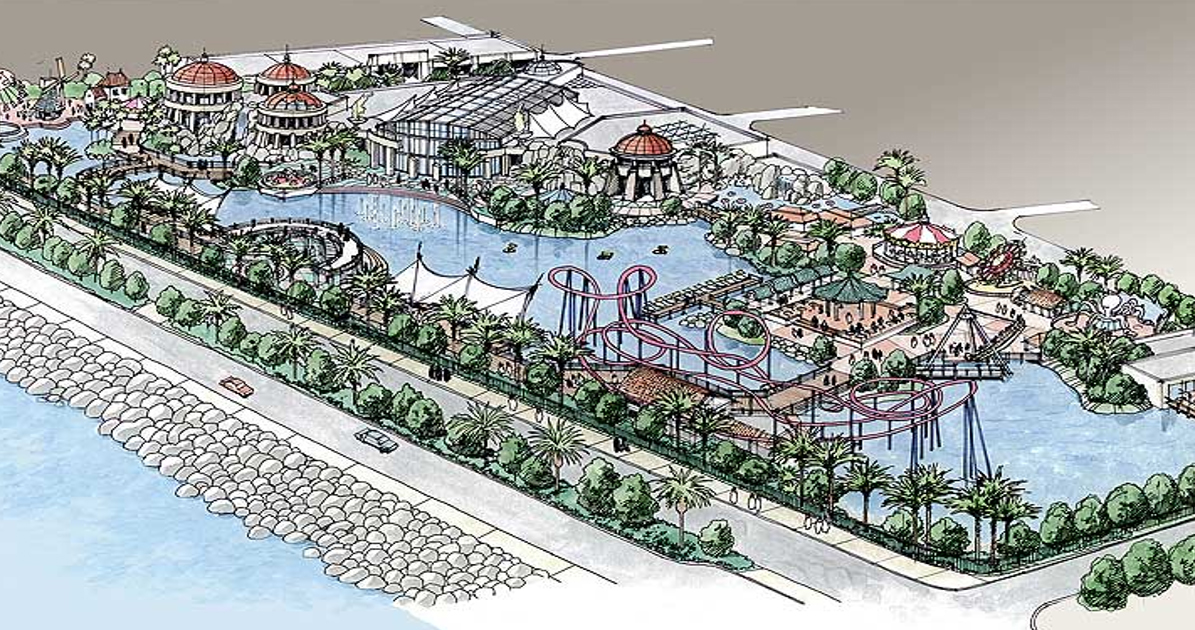
Jeddah’s Al-Shallal Theme Park – spanning 645,835 sqft and annually attracting one million visitors – has collaborated with Al Salem Johnson Controls (YORK) to reduce energy consumption. Al Salem Johnson Controls (YORK) has succeeded in devising new technologies that enabled Al-Shallal Theme Park to achieve an annual power saving worth SAR1.5 million, by using ‘water steam’ instead of the traditional production of electricity to operate its cooling system.
“Since the beginning of the design phase of the project, there had been extensive research to select a world-class company that offers cooling, ventilation and air conditioning solutions by taking advantage of seawater to reduce energy consumption. Al Salem Johnson Controls (YORK), having repeatedly proven its experience in designing and engineering sustainable solutions and services, helped us improve energy efficiency, reduce carbon footprint and achieve environmental goals,” says Jamil Attar, executive director of Fakieh Hospitality and Leisure Group. The Al-Shallal Theme Park is a subsidiary of Fakieh Hospitality and Leisure Group – Tarfeeh Fakieh.
With innovation in mind, Al Salem Johnson Controls (YORK) team took advantage of the strategic location of the Al-Shallal Theme Park, using saltwater instead of fresh water, thus saving 50,000 gallons/day (190,000 liters/day) of fresh water.
The cooling plant comprises of three YORK Absorption Chillers, each with a cooling capacity of 750 tons, along with condensers, pumps and firefighting systems. In the same building, diesel boilers use seawater to produce steam, as the chillers are operated by steam instead of electricity, which contributes to saving energy consumption.
“The seawater is used in a complete cycle; it is withdrawn and filtered to ensure that it is free of small fish and other marine organisms before entering the cooling system – either in chiller or in the boilers. It is important to stress that Al Salem Johnson Controls (YORK) cooling system does not use any chemicals in the water, thus does not affect the life and the marine environment after water is being pumped back to the sea again after completing the cooling cycle,” explains Al Salem Johnson Controls (YORK) CEO, Dr Mohanad AlShaikh.
Notifications